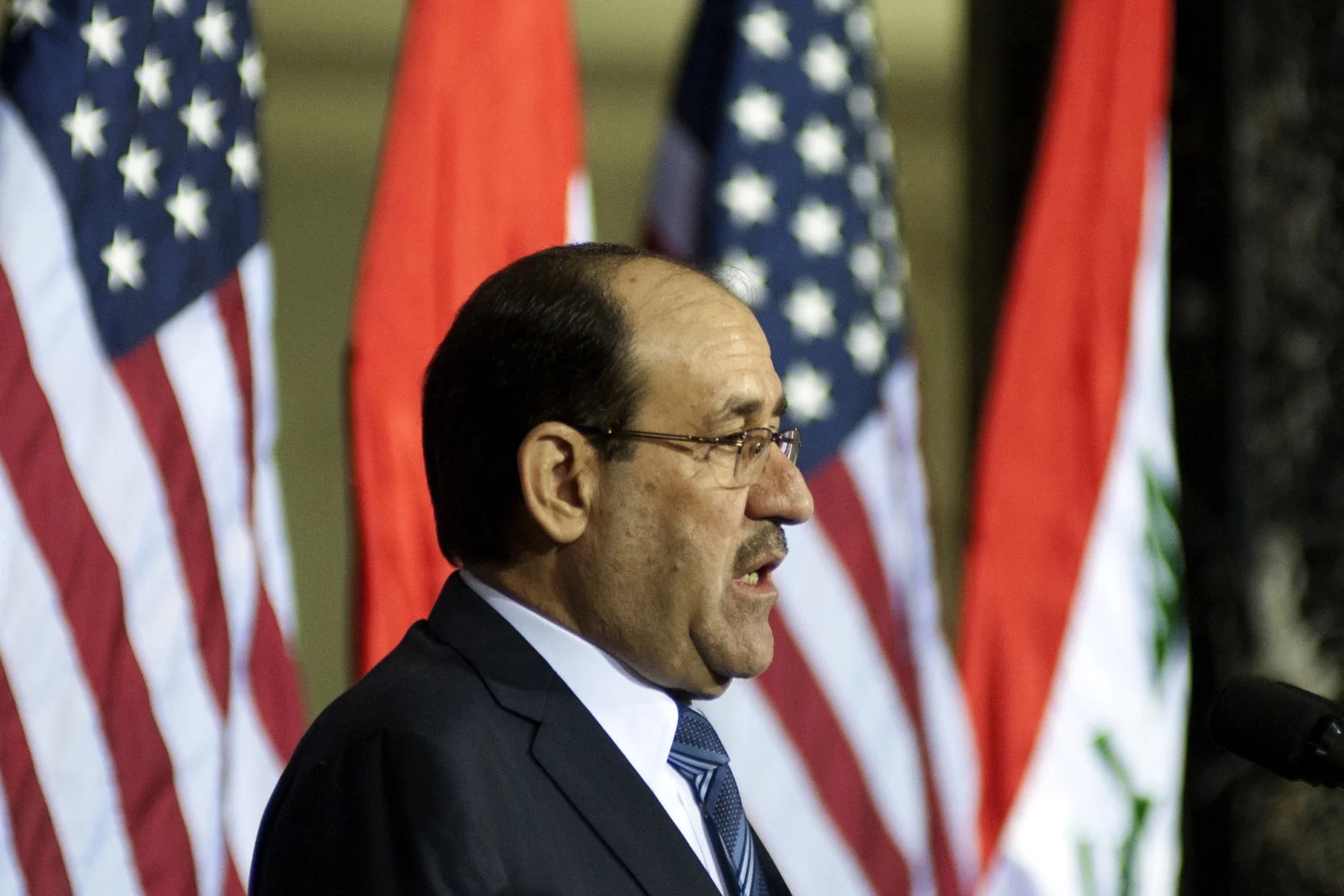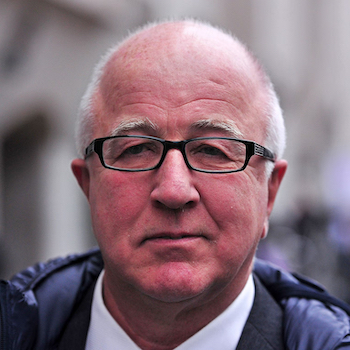
Iraq’s Justice System Has a Godfather—And She’s Suing Him
Twenty years after Saddam Hussein was executed for his numerous crimes against his own people, Iraq remains trapped in corruption, sectarian patronage, and state repression—felt acutely by Kurds and by women. The promise that the 2003 U.S.–led invasion would usher in the rule of law now reads like a faded campaign poster. One woman’s ordeal shows just how far the country remains from anything resembling justice.
Sara Saleem, a dual U.S.–Iraqi national and a successful Kurdish entrepreneur, was overseeing a multimillion-dollar housing development in Basra in 2014. When she returned to Iraq to inspect the project, armed men—allegedly linked to then–Prime Minister Nouri al-Maliki—abducted her. Her offense, she says, was refusing to pay a £2 million “donation” to his re-election campaign.
Held for 43 days, Saleem was beaten and threatened with dismemberment. “They cursed me and said many vulgar things about the Kurds,” she later recalled. After she made it back to Virginia, FBI agents met her and, she says, confirmed Maliki’s involvement.
Now Saleem is suing Maliki and Iraq’s most powerful judge, Faiq Zidan, for $2 billion in U.S. federal court under the Anti-Terrorism Act and the Torture Victim Protection Act. She accuses Zidan—who leads Iraq’s Supreme Judicial Council—of helping to bury the crime and of weaponizing the courts to harass her.
Her case is not an outlier. It exposes the core of Iraq’s enduring dysfunction: a judiciary captured by political machines and sectarian patrons, especially those aligned with Tehran. Zidan wields more clout than the nominal prime minister. By aligning himself with Iran’s Supreme Leader, Ayatollah Ali Khamenei, he has blessed extrajudicial killings and political detentions. He has also taken a hard line against Iraq’s Kurds—dismantling their constitutional court, blocking salaries, and constraining their legal autonomy.
A London School of Economics report catalogs Zidan’s corruption and manipulation of the courts. Yet, in November 2024, he was welcomed in London to sign a judicial cooperation agreement with the UK government. He even dangled repatriating Iraqi asylum seekers—an offer the Labour government hopes will burnish its migration credentials.
The embrace in London set off alarms elsewhere. Zidan is a controversial figure in Washington. In June 2024, U.S. Representative Mike Waltz introduced legislation to designate Zidan and his council as Iranian-controlled operatives.
Iraqi politics remain deeply sectarian. The Shiite–Sunni divide still shapes the distribution of power, and with roughly two-thirds of the population Shiite, Iran’s influence runs deep. Meanwhile, the Kurdish minority—15 to 20 percent of the country—still faces institutional discrimination.
Saleem’s story is also an indictment of Iraq’s democratic theater: elections are widely regarded as corrupt. “A façade,” says the journalist Haider al-Musawi—“a performance used to redistribute influence among elites.”
And yet Saleem returned to Iraq in 2017 to keep her housing project alive. She was arrested again—this time, she says, on trumped-up charges. According to her court filings, the harassment has never stopped, orchestrated by Zidan and his allies.
The cynicism does not stop at Iraq’s borders. British taxpayers are now backing a £12 billion UK–Iraq trade package, signed earlier this year during Prime Minister Keir Starmer’s Downing Street meeting with Iraqi Prime Minister Mohammed Shia al-Sudani. Among the proposed projects: infrastructure upgrades in Basra—the city where Saleem was abducted and tortured.
Adding to the farce, Sudani was recently accused of wiretapping Zidan. In Iraq’s Shiite power circles, such allegations rarely prompt real investigations.
As Zidan shakes hands with British ministers, Saleem fights on from Virginia; if her case proceeds, it may be one of the few remaining avenues for a victim of Iraqi judicial abuse. It will also test Western resolve. Can the UK and its allies continue to partner with officials so thoroughly compromised? Can women—and minorities such as the Kurds—reasonably expect justice from a system built to marginalize them?
For now, Zidan remains welcome in the British establishment. He has met Home Secretary Yvette Cooper, Middle East Minister Hamish Falconer, and Baroness Emma Nicholson, chair of the Iraq-UK Business Council. That such a figure is feted by British officials while denounced by U.S. lawmakers and sued in American courts is a contradiction too glaring to ignore.
Saleem’s courage is a reminder that beneath the gloss of diplomatic “progress” lies the persistent failure of Iraq’s governing system—and the human cost borne by those who challenge it. Two decades after Saddam’s fall, Iraq still lacks an independent judiciary and a free press; it suppresses Kurdish rights; it treats women as second-class; and it operates under the long shadow of Iranian influence. The trade deals and photo-ops continue. Reform does not.
